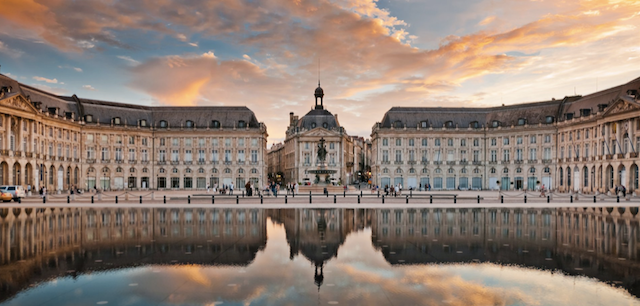
What You'll Learn in This Guide:
Whether you're planning your first visit or looking to deepen your wine knowledge, this guide provides everything you need to navigate Bordeaux's legendary wine region with confidence.
Welcome to Bordeaux, the crown jewel of France’s wine regions, where centuries of tradition meet modern craftsmanship in every grape vine, vineyard and bottle. As you embark on this captivating journey through vast vineyards and charming châteaux, you’ll discover why Bordeaux is revered by oenophiles worldwide. From the rich flavors of Cabernet Sauvignon to the elegant notes of Merlot, each glass tells a story steeped in heritage and passion. This ultimate guide to wine tasting in Bordeaux is designed to lead you through the essentials—whether you’re a novice eager to learn or a seasoned connoisseur seeking hidden gems. Get ready to explore the diverse appellations, savor exceptional vintages, and indulge in unforgettable wine experiences with Decanter Tours. Bordeaux is not just a destination; it's an adventure for the senses that invites you to uncork memories that will linger long after your visit. Join us as we dive into the heart of this enchanting region and unlock the secrets of its legendary wines.
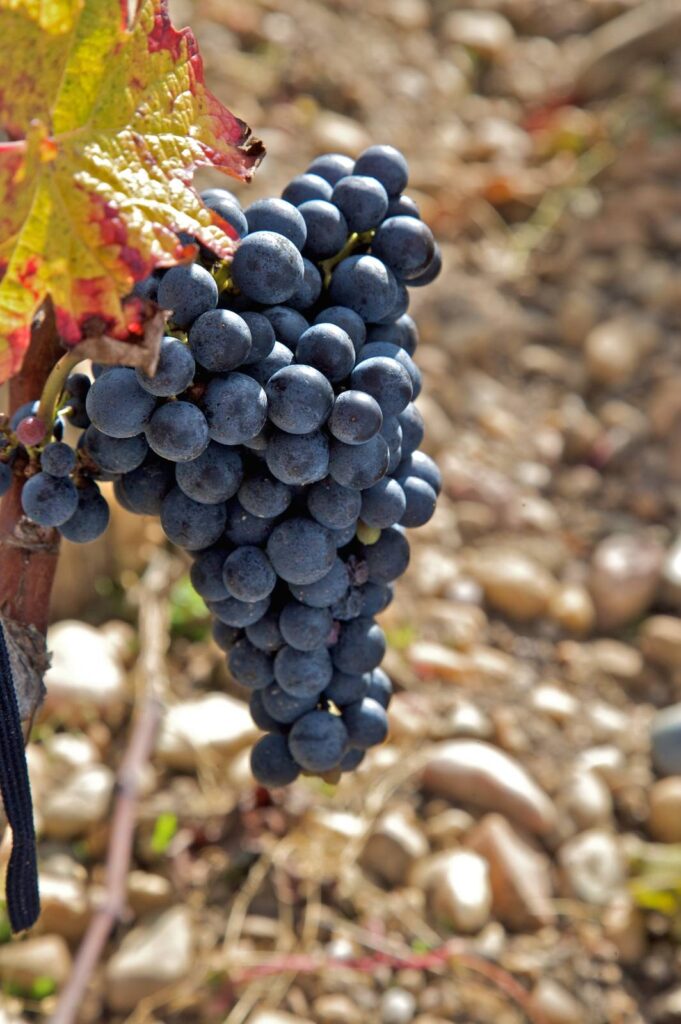
Bordeaux’s terroir is a mosaic of diverse soils, climates, and topographies that contribute to the distinct characteristics of its wines. The region is blessed with a temperate maritime climate, moderated by its proximity to the Atlantic Ocean, ensuring mild winters and warm summers. This ideal climate fosters the optimal ripening of grapes, creating a balance between acidity and sugar levels, crucial for producing high-quality wines. The geographical diversity of Bordeaux, spanning from the Médoc to the Graves, offers a rich variety of microclimates, each influencing the flavor profiles of the wines produced.
The soil composition in Bordeaux is equally varied, ranging from gravelly soils in the Médoc and Graves to clay-limestone in Saint-Émilion and Pomerol. The gravelly soils, rich in minerals, provide excellent drainage and reflect heat, promoting the ripening of Cabernet Sauvignon, which thrives in these conditions. On the other hand, the clay-limestone soils retain moisture and nutrients, favoring the growth of Merlot and Cabernet Franc, resulting in wines with softer tannins and complex aromas. These diverse soil types are meticulously matched with the grape varietals that best suit them, a practice perfected over centuries by Bordeaux’s winemakers.
The terroir of Bordeaux is not just about soil and climate; it also encompasses the human element—the traditions, expertise, and passion of the vintners. The region’s wine-making heritage dates back to Roman times, and over the centuries, Bordeaux’s winemakers have honed their craft, adapting to changing climates and technological advancements while preserving time-honored methods. The dedication to quality and innovation is evident in every bottle, making Bordeaux a benchmark for fine wines globally. Understanding the terroir is the first step in appreciating the depth and complexity of Bordeaux wines, setting the stage for an unforgettable tasting experience.
Bordeaux is predominantly known for its red wines, which account for about 90% of the region’s production. These reds are renowned for their depth, complexity, and aging potential, with the most famous appellations including Médoc, Saint-Émilion, Pomerol, and Graves. The primary grape varieties used in Bordeaux reds are Cabernet Sauvignon, Merlot, Cabernet Franc, Petit Verdot, and Malbec. Cabernet Sauvignon imparts structure and tannins, Merlot adds softness and fruitiness, while Cabernet Franc contributes aromatic complexity. The art of blending these varietals creates wines with balanced flavors, long finishes, and remarkable elegance.
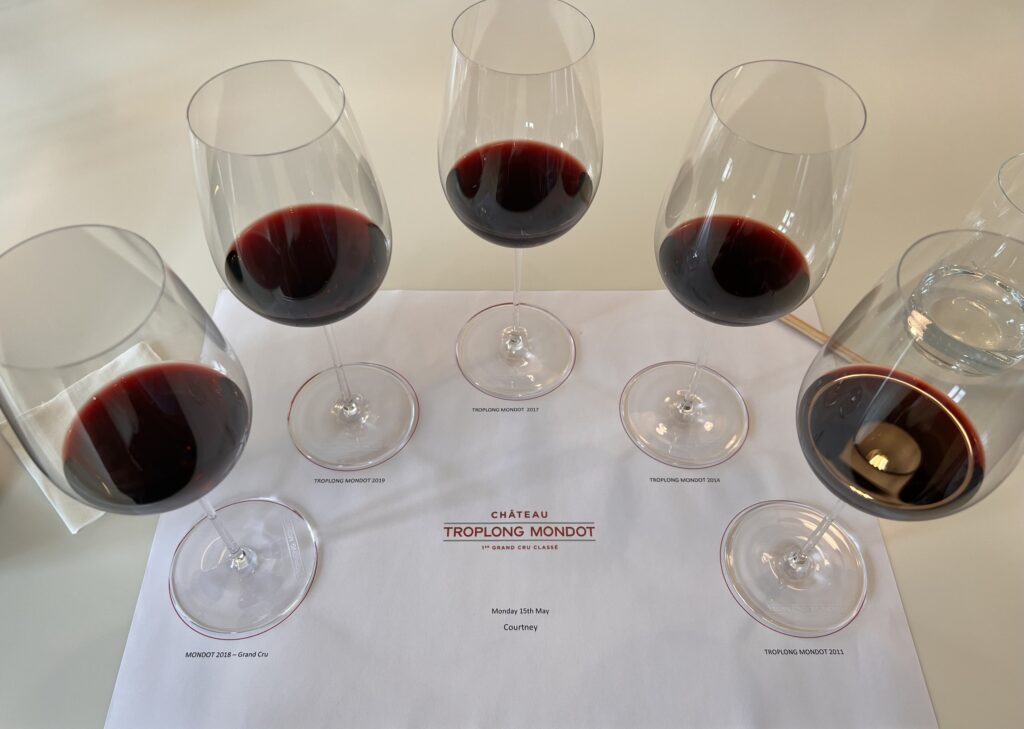
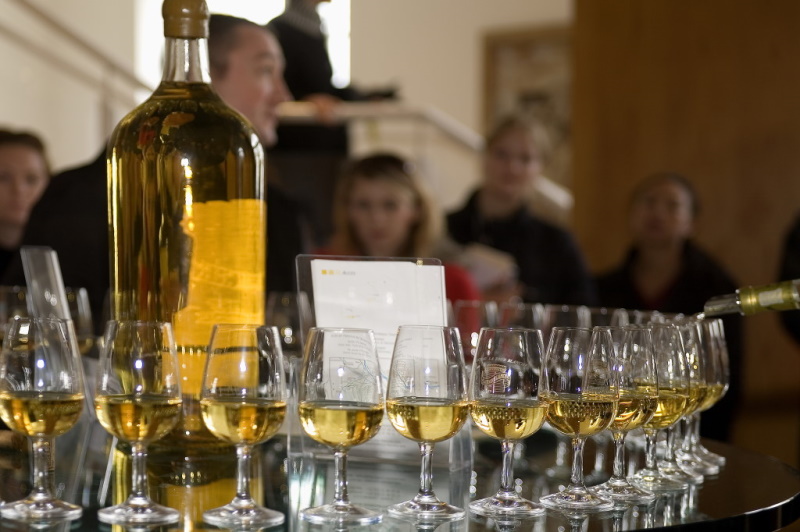
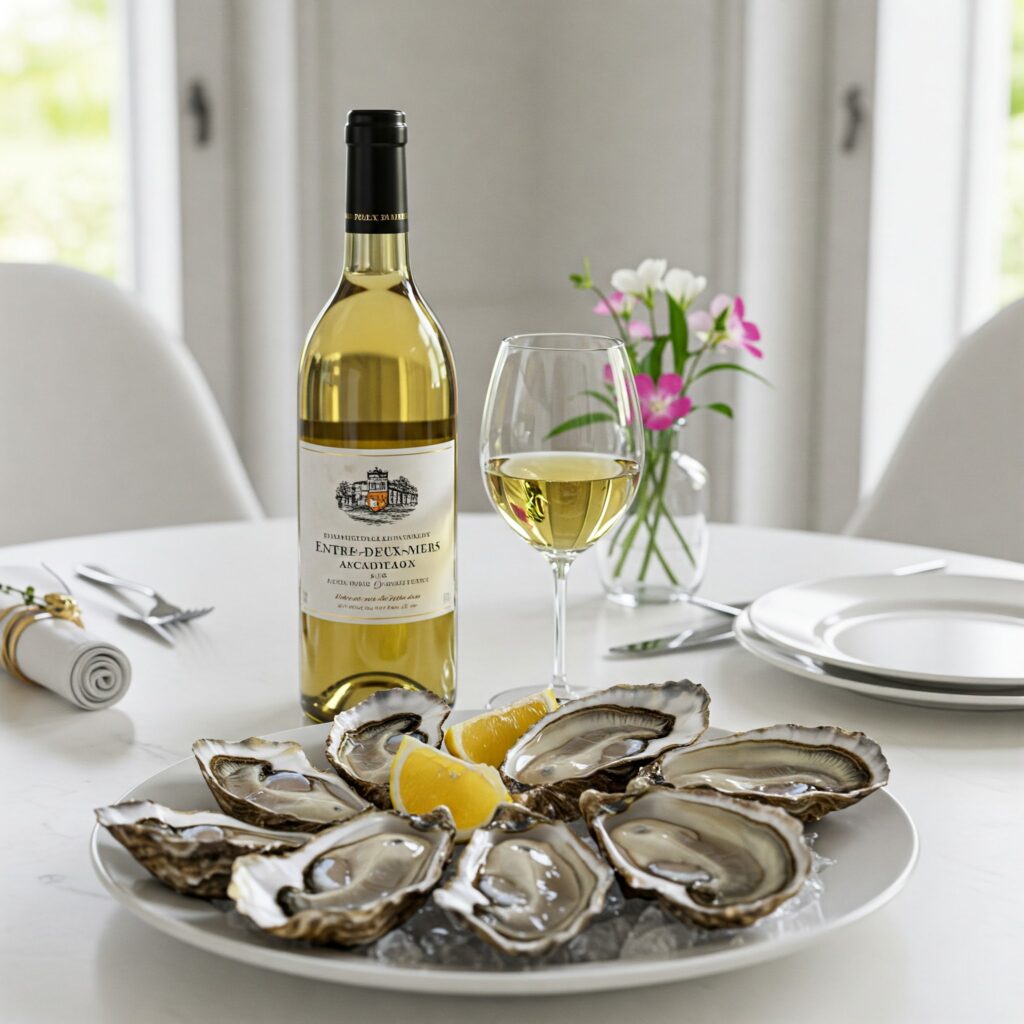
While red wines dominate, Bordeaux also produces exquisite white wines that deserve equal recognition. The region’s white wines are primarily crafted from Sauvignon Blanc, Sémillon, and Muscadelle grapes. Bordeaux offers two main styles of white wines: dry and sweet. Dry whites, such as those from Graves and Pessac-Léognan, are crisp, vibrant, and aromatic, perfect for pairing with seafood and poultry. On the other hand, sweet whites, epitomized by the legendary Sauternes and Barsac, are rich, luscious, and honeyed, often enjoyed as dessert wines. These sweet wines are made from grapes affected by noble rot, which concentrates sugars and flavors, resulting in wines with extraordinary depth and complexity.
Rosé wines, though less prominent, are also part of Bordeaux’s diverse wine portfolio. These refreshing and versatile wines are made primarily from Merlot and Cabernet Sauvignon grapes. Bordeaux rosés are typically dry, with bright acidity and flavors of red berries and citrus. They are perfect for warm summer days and pair wonderfully with light dishes like salads, grilled fish, and Mediterranean cuisine. The variety of Bordeaux wines—red, white, sweet, and rosé—ensures that there is something to suit every palate and occasion, making the region a treasure trove for wine lovers.
Planning a wine tasting trip to Bordeaux involves considering the best times to visit to fully experience the region’s offerings. Bordeaux’s wine tourism season generally peaks during spring and summer, from April to October. Springtime in Bordeaux is idyllic, with vineyards coming to life, mild temperatures, and fewer crowds. This season offers an excellent opportunity to explore the vineyards, witness the budding vines, and enjoy outdoor activities like cycling and picnicking amidst beautiful landscapes. Moreover, spring is when many châteaux start their new vintages, providing visitors with a chance to taste wines fresh from the barrels.
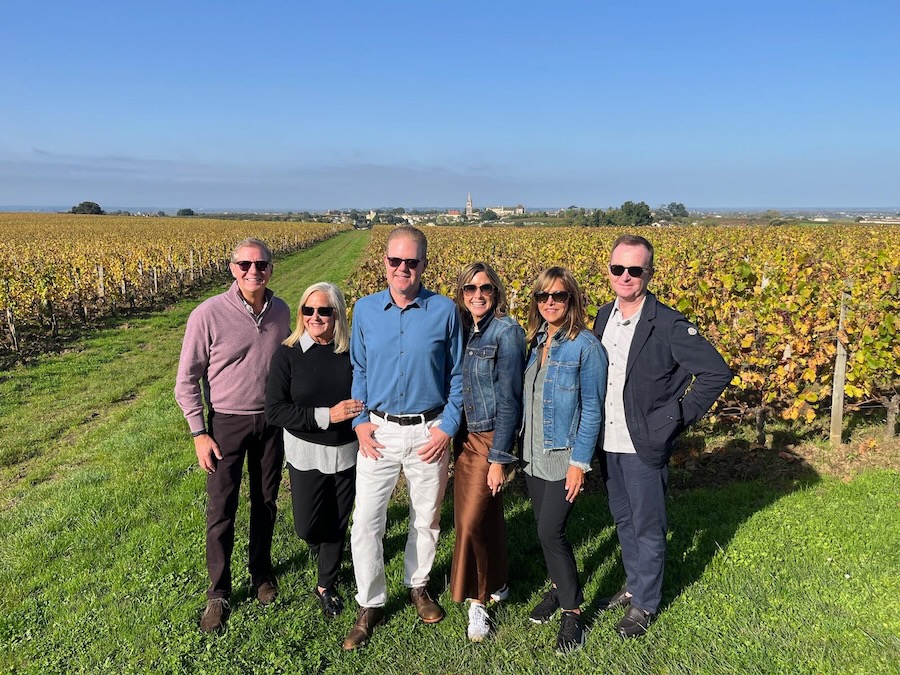
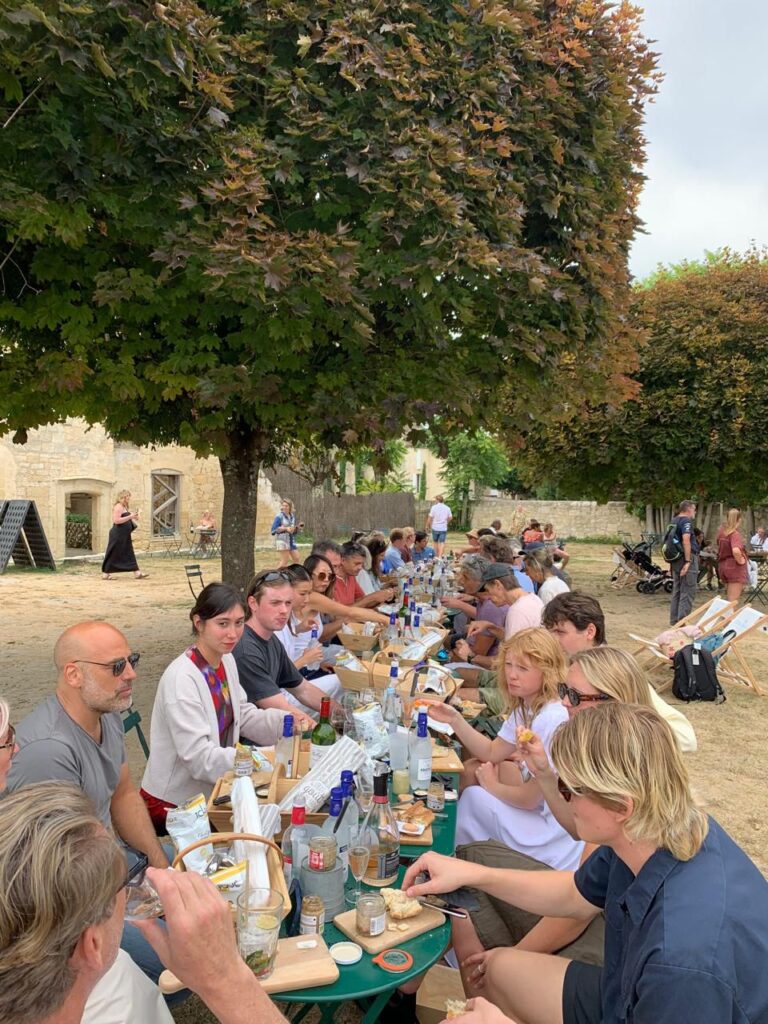
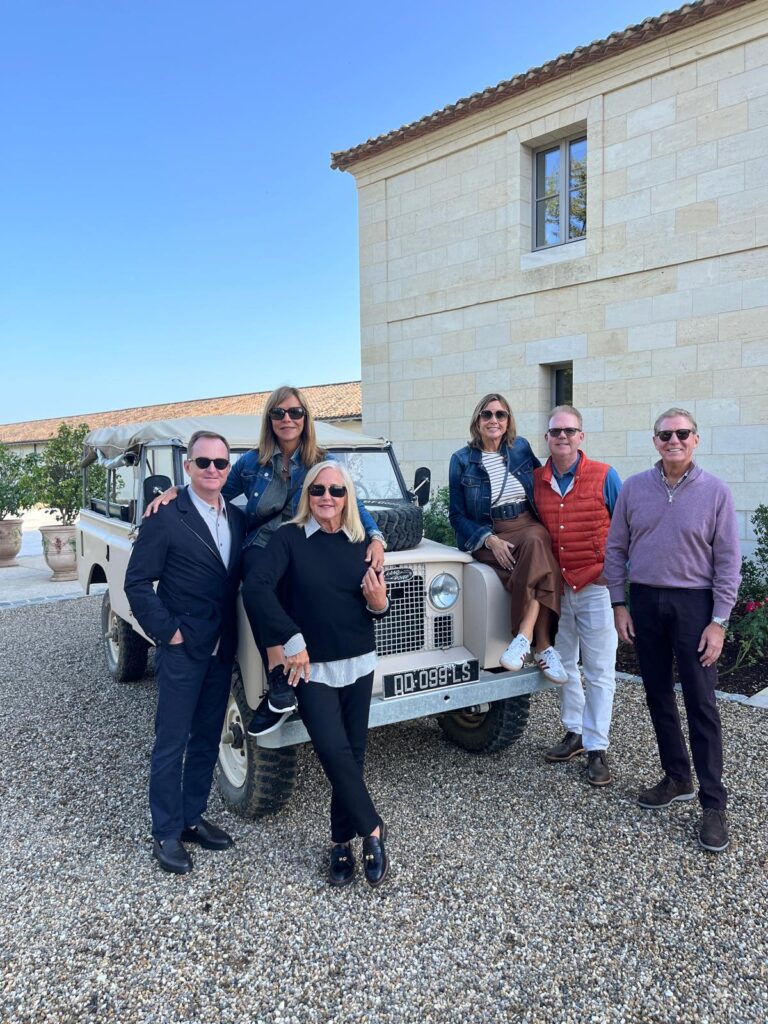
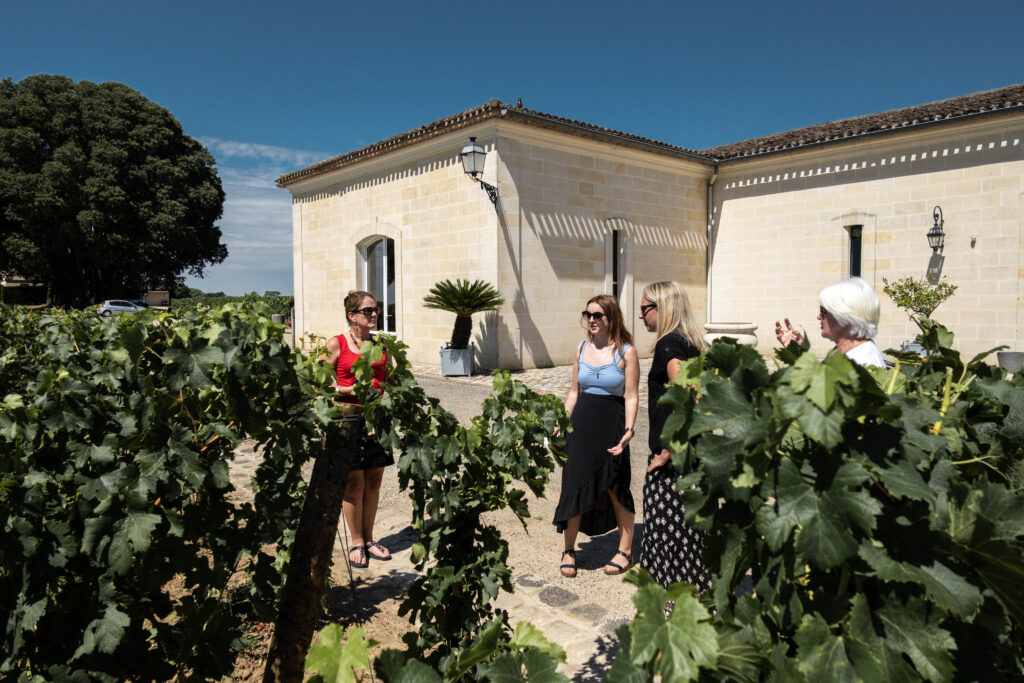
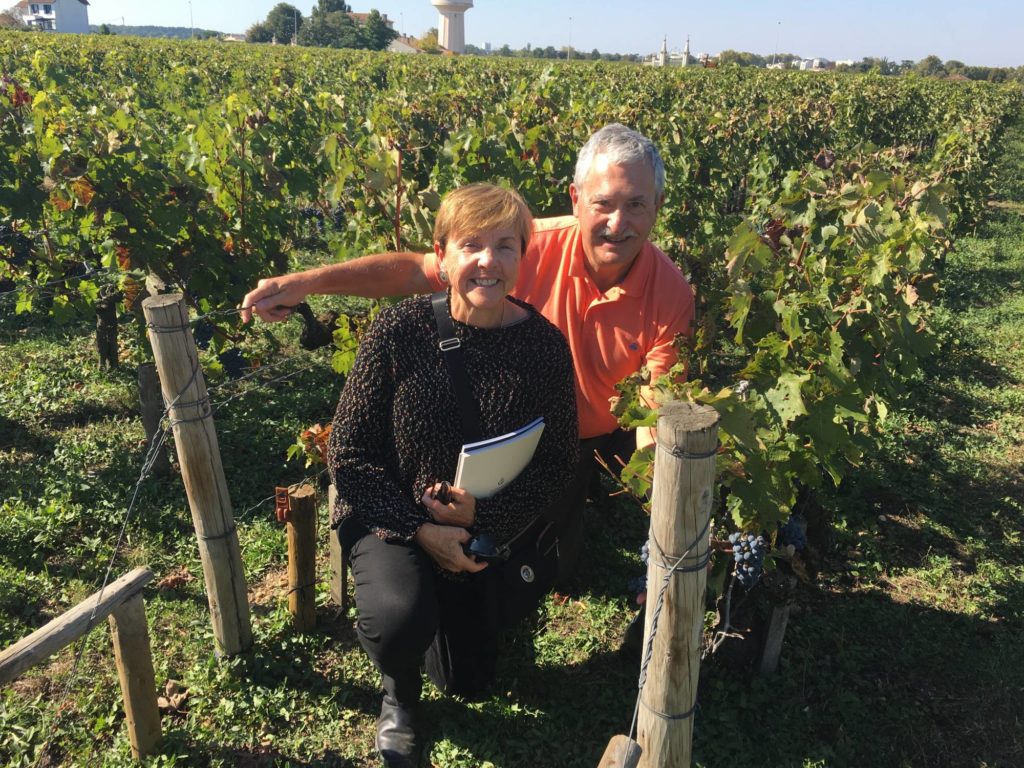
Summer in Bordeaux is vibrant and bustling, with numerous wine festivals, events, and tours in full swing. The warm weather is perfect for vineyard tours, outdoor tastings, and exploring the picturesque villages and historic sites. The Bordeaux Wine Festival, held biennially in June, is a highlight, featuring wine tastings, workshops, and cultural events along the scenic Garonne River. However, summer also attracts larger crowds, so booking tours and accommodations in advance is recommended. Despite the busy season, the charm and excitement of Bordeaux in summer are unmatched, offering a festive atmosphere for wine enthusiasts.
Autumn, from September to October, is another excellent time to visit Bordeaux, coinciding with the grape harvest season. The vineyards are bustling with activity as winemakers and workers gather grapes, and the air is filled with the aroma of fermenting wine. This period provides a unique opportunity to observe the harvest process, participate in grape-picking activities, and taste freshly pressed juices. The fall foliage adds to the region’s beauty, creating a picturesque backdrop for vineyard tours and wine tastings. Visiting Bordeaux during the harvest season offers an immersive experience into the heart of winemaking, making it a memorable time for any wine lover.
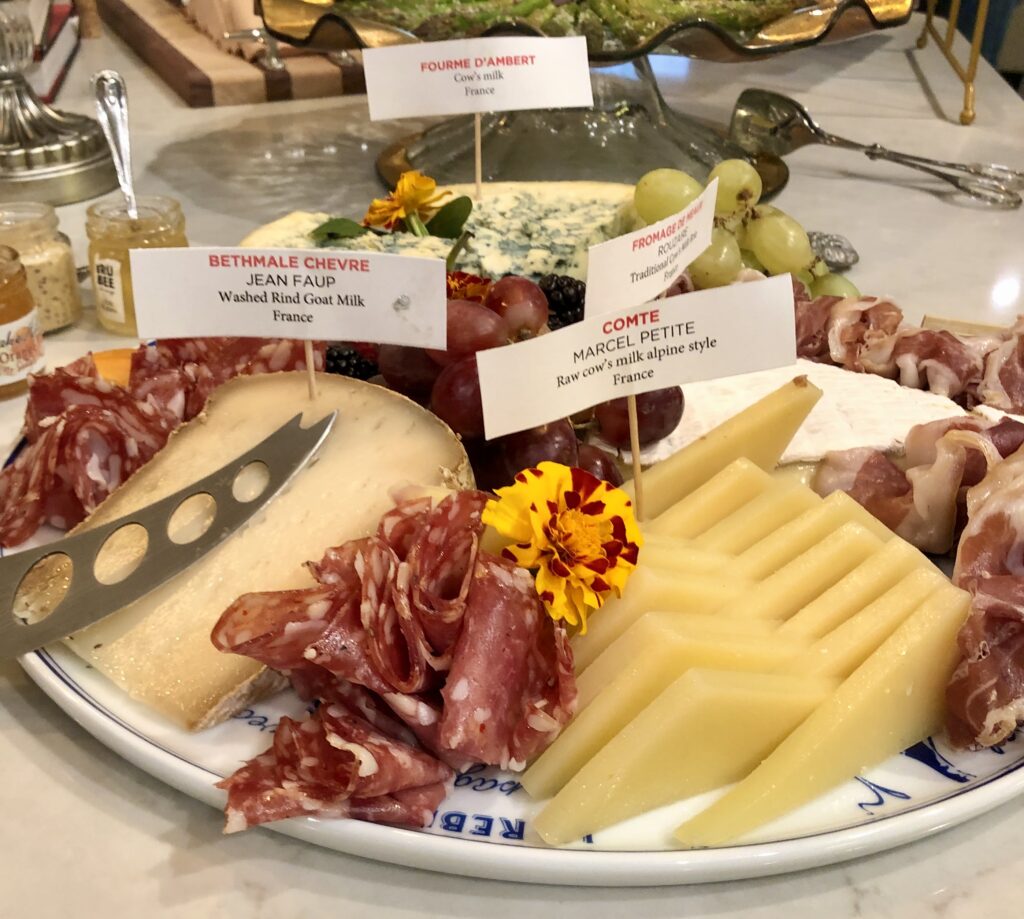
Pairing Bordeaux wines with food is an art that enhances the enjoyment of both the wine and the culinary experience. Bordeaux’s diverse wine styles offer a plethora of pairing options, making it possible to complement a wide range of dishes. For red Bordeaux wines, particularly those from Médoc and Saint-Émilion, rich and hearty dishes like beef, lamb, and game are ideal. The tannins and structure of Cabernet Sauvignon-based wines balance well with the protein and fat in these meats, creating a harmonious and satisfying pairing. Try a classic Bordeaux red with a succulent ribeye steak or a slow-cooked lamb shank to experience the perfect synergy. The reds from the Graves are lighter and often easier to pair with chicken and fish. Yes, I said red wine with fish!
White Bordeaux wines, especially those from Graves and Pessac-Léognan, are versatile and pair beautifully with lighter fare. Sauvignon Blanc’s bright acidity and aromatic qualities make it an excellent match for seafood, salads, and goat cheese. Sémillon-based whites, with their fuller body and subtle complexity, complement dishes like roast chicken, creamy pasta, and grilled vegetables. For a delightful pairing, serve a chilled dry white Bordeaux with fresh oysters or a seafood platter, allowing the wine’s crispness to enhance the flavors of the ocean.

Sweet Bordeaux wines, such as Sauternes and Barsac, are often though of only for dessert pairings but they offer intriguing combinations with savory dishes too. These wines’ rich sweetness and complexity make them ideal for foie gras, blue cheese, grilled honey roast chicken, or spicy Asian cuisine. The honeyed notes of Sauternes beautifully balance the salty and pungent flavors of blue cheese, creating an exquisite tasting experience. For a unique pairing, try a glass of sweet Bordeaux with spicy Thai or Indian dishes, where the wine’s sweetness can counterbalance the heat and bring out the dish’s intricate flavors.
To truly immerse yourself in Bordeaux’s wine culture, participating in wine tours and experiences is essential. Having someone show you the ropes is essential. Not only because securing visits is often very tricky but also because of the inside information that can be gleaned from having a local lead the way. Decanter Tours offer a plethora of guided tours, each tailored to different interests and levels of expertise. Whether you prefer intimate visits to boutique wineries or grand tours of historic châteaux, there’s something for everyone. All of our tours include guided tastings, vineyard walks, and educational sessions on wine production, allowing visitors to gain a deeper understanding of Bordeaux’s winemaking traditions and techniques. Booking a tour with our competent and knowledgeable guides ensures a comprehensive and enriching experience, providing insights that you will definitely miss on a self-guided visit.
For a more immersive experience, consider staying at a wine estate or château. Many Bordeaux vineyards offer accommodations, ranging from luxurious rooms in historic châteaux to charming cottages amidst the vines. Staying on-site allows you to explore the vineyards at your leisure, participate in exclusive tastings, and interact with the winemakers. Some estates offer hands-on activities like grape picking, blending sessions, and cooking classes, enhancing your understanding of the wine-making process. Waking up to the sight of sunlit vineyards and ending the day with a glass of estate-produced wine is an experience that encapsulates the essence of Bordeaux. Decanter Tours has many partner chateaus that are just perfect for overnight stays.
Beyond traditional tours, Bordeaux also offers a range of unique wine experiences. For adventure seekers, hot air balloon rides over the vineyards provide breathtaking views and a unique perspective on the landscape. Cycling tours through the vineyards combine physical activity with wine tasting, perfect for those who enjoy an active lifestyle. A white wine and oyster tasting on a traditional boat on the Bay of Arcachon provides a different look at the French life-style in Bordeaux. Wine and food pairing workshops, wine blending sessions, and vertical tastings of different vintages offer deeper insights into the intricacies of Bordeaux wines. These experiences, coupled with the region’s stunning scenery and rich history, ensure that your visit to Bordeaux is both memorable and enlightening.
As you conclude your journey through Bordeaux, it’s evident that this region offers more than just exceptional wines; it provides an immersive experience that engages all the senses. From understanding the terroir to exploring the diverse wine styles, every aspect of Bordeaux enriches your appreciation for its wine heritage. Whether you’re savoring a robust red with a hearty meal, enjoying a crisp white on a sunny day, or indulging in a sweet Sauternes with dessert, Bordeaux wines elevate every moment, creating memories that linger long after the last sip.
Decanter Tours offers curated experiences that encapsulate the essence of Bordeaux, ensuring that your visit is both informative and enjoyable. Their expertise in wine tourism and connections with local winemakers provide access to exclusive tours and tastings, allowing you to discover hidden gems and renowned estates alike. Whether you’re a novice eager to learn or a seasoned connoisseur seeking deeper insights, Decanter Tours tailors each experience to your preferences, making your Bordeaux adventure truly unforgettable.
Embracing the Bordeaux wine experience with Decanter Tours is more than a journey through vineyards; it’s an invitation to connect with the soul of the region. Every glass of wine tells a story of passion, tradition, and craftsmanship, inviting you to become part of Bordeaux’s rich tapestry. As you uncork each bottle, you uncork a piece of history, savoring the flavors that have made Bordeaux a legend in the world of wine. So raise your glass, toast to new adventures, and let the magic of Bordeaux inspire and delight you.
Contact us to know more.
Q: What makes Bordeaux wines different from other French wines? A: Bordeaux wines are distinguished by their unique terroir—a combination of maritime climate, diverse soils (gravel, clay-limestone), and centuries-old winemaking traditions. The region's signature blending of grape varieties (particularly Cabernet Sauvignon and Merlot for reds) creates wines with exceptional complexity and aging potential that set them apart from single-varietal wines from other regions.
Q: I'm a complete beginner—which Bordeaux wines should I try first? A: Start with a medium-bodied red from Graves or a Bordeaux Supérieur, as these tend to be more approachable with softer tannins. For whites, try a dry Bordeaux Blanc or Graves white wine. These wines offer classic Bordeaux characteristics without being overwhelming for new wine drinkers.
Q: What's the difference between Left Bank and Right Bank Bordeaux wines? A: Left Bank wines (Médoc, Haut-Médoc) are predominantly Cabernet Sauvignon-based, grown in gravelly soils, resulting in structured, tannic wines with excellent aging potential. Right Bank wines (Saint-Émilion, Pomerol) are mainly Merlot-based, grown in clay-limestone soils, producing softer, more fruit-forward wines that are often more accessible when young.
Q: How far in advance should I book wine tours in Bordeaux? A: Book at least 2-4 months in advance is a good estimate if not more, especially during peak season (May-October). Many prestigious châteaux require advance reservations and some only accept visitors through tour operators like Decanter Tours. Harvest season (September-October) and May are particularly popular and fill up quickly.
Q: What should I expect to pay for wine tastings in Bordeaux? A: Tasting fees vary widely. Basic tastings at smaller châteaux may be €15 - 50, while prestigious estates can charge €95-150 or more. We include all tastings in our itineraries, which provides better value.
Q: Can I buy wines directly from the châteaux? A: Yes, most but not all châteaux sell wines directly to visitors, often at competitive prices. This is an excellent way to acquire wines not available in your home country. Ask about shipping options if we often can arrange delivery for our clients.
Q: What's the best way to get around Bordeaux wine country? A: Guided tours are highly recommended for first-time visitors as they handle transportation, appointments, lunch reservations and provide expert knowledge. If you prefer independence, renting a car is possible, but designate a driver. Some areas are accessible by bike, and there are train connections to certain wine towns but these are not too practical.
Q: Do I need to speak French to enjoy Bordeaux wine tours? A: While French is helpful, we cater to international visitors with English-speaking guides. We provide expert English-speaking guides who can translate and explain nuances that might be lost in language barriers.
Q: What should I wear for vineyard visits? A: Dress smart-casual and wear comfortable walking shoes suitable for outdoor terrain. Avoid strong perfumes or scents that might interfere with wine tasting. In summer, bring sun protection; in cooler months, layer clothing as cellar temperatures can be quite cool.
Q: Is it appropriate to spit wine during tastings? A: Absolutely! Professional tasters routinely spit wine to avoid intoxication, especially when tasting multiple wines. Spittoons are provided at all professional tastings, and it's considered perfectly normal and responsible.

Experience the finest private wine tours in Bordeaux and beyond. With over 20 years of expertise, we craft tailor-made wine journeys to iconic regions like Médoc, Saint-Émilion, Burgundy, and Champagne. Explore exclusive chateaux with expert guides and seamless planning for a truly unforgettable experience.